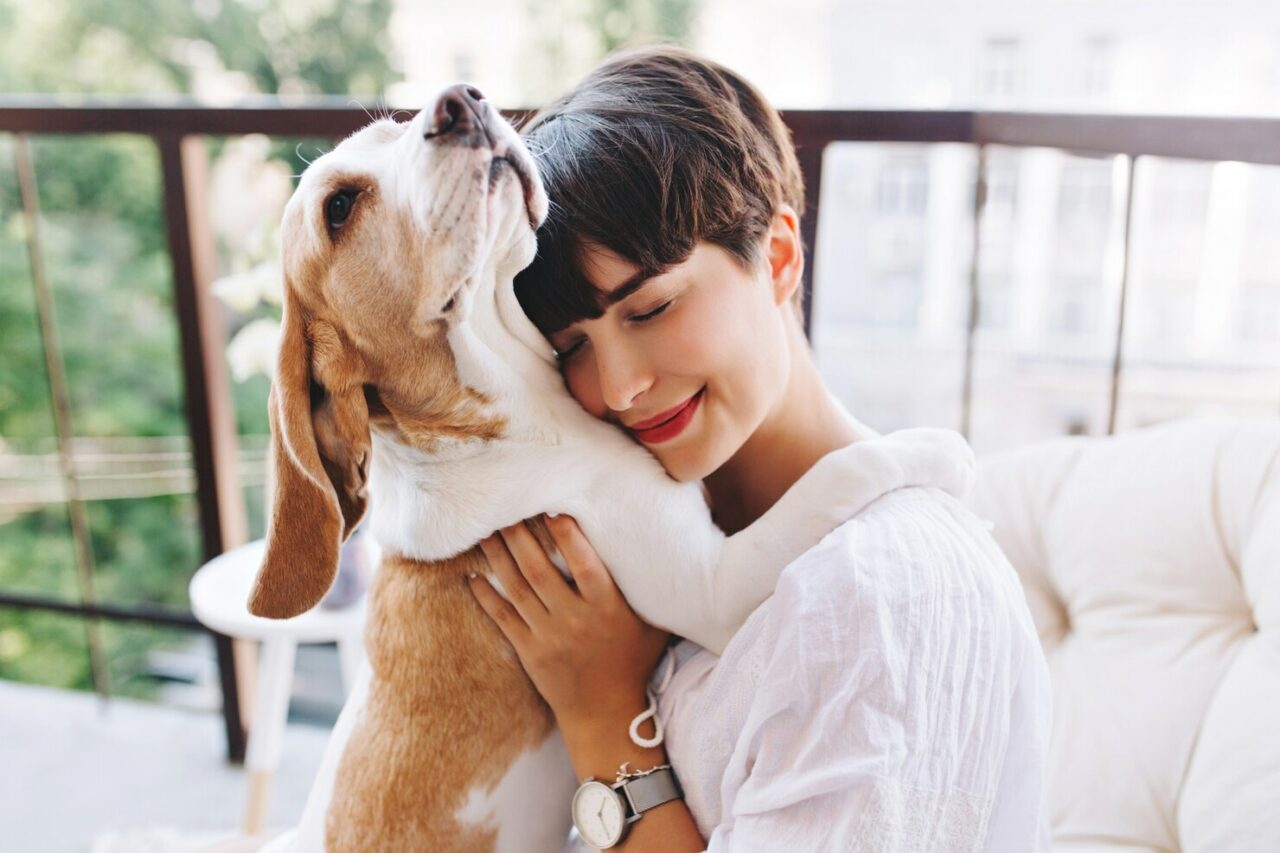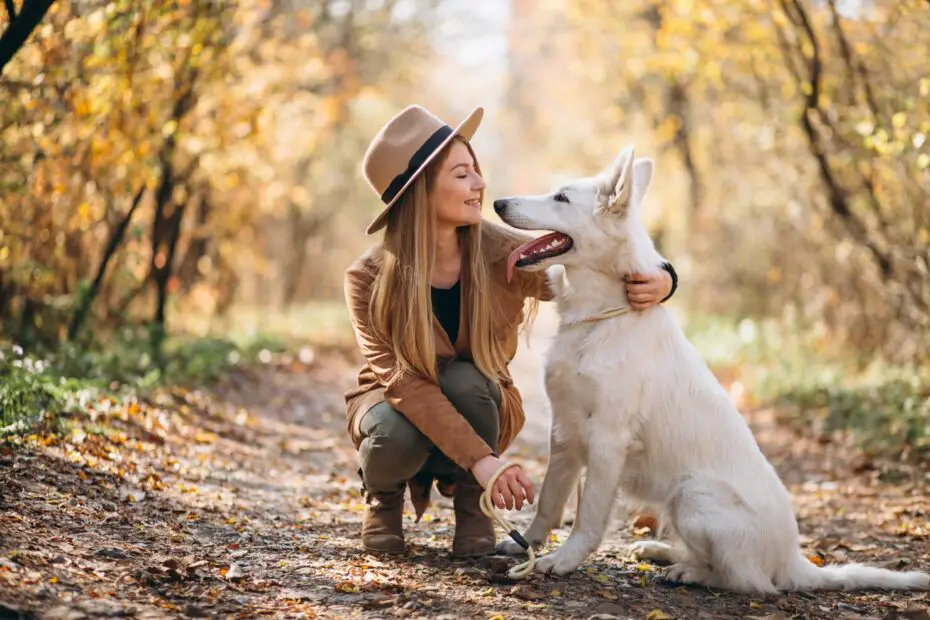Pets have been cherished companions to humans for centuries. They provide us with unconditional love, loyalty, and a sense of purpose. For seniors, in particular, the bond between pets and their owners can be incredibly meaningful and beneficial. As our loved ones age, they may face challenges such as loneliness, depression, and physical limitations.
In this blog, we’ll explore the bond between pets and seniors, the positive impact it has on their lives, and how it enhances their quality of life.
You may also want to read about annoying animals.
The Benefits of Pet Companionship for Seniors
The companionship of a pet offers numerous advantages to seniors, both physically and emotionally. Here are some of the key benefits:
1. Decreased Loneliness
One of the most significant challenges that seniors often face is loneliness. Social isolation can lead to depression, anxiety, and a diminished sense of well-being. A pet provides constant companionship and can help alleviate these feelings of loneliness. The presence of a furry friend can make seniors feel needed and loved.
2. Increased Physical Activity
Seniors who own pets tend to be more physically active. Daily walks, playtime, and grooming routines encourage seniors to move and engage in light exercise. This increased activity can help maintain their mobility and overall health.

3. Lower Stress Levels
Interacting with pets has been shown to reduce stress and anxiety levels. The act of petting a cat, stroking a dog, or simply sitting with a pet can trigger the release of endorphins, which are natural mood lifters. This calming effect is especially valuable for seniors dealing with the stresses of aging.
4. Sense of Purpose
Caring for a pet gives seniors a sense of purpose and responsibility. It creates a routine and structure in their lives, which can be particularly beneficial for those who have retired or lost a spouse. Seniors take pride in providing for their pets, ensuring they are fed, groomed, and loved.
5. Increased Social Interaction
Owning a pet can facilitate social interaction for seniors. Whether it’s chatting with fellow pet owners during walks or visiting the veterinarian, pets can serve as conversation starters and help seniors connect with others.
6. Enhanced Mental Well-Being
The bond between pets and seniors often results in improved mental well-being. The unconditional love and loyalty of a pet can boost self-esteem and reduce feelings of depression and worthlessness. Seniors with pets tend to report higher levels of happiness and life satisfaction.
Choosing the Right Pet for Seniors
While the benefits of pet companionship for seniors are clear, it’s essential to choose the right pet that matches their lifestyle and needs. Here are some considerations when selecting a pet for a senior:
1. Size and Activity Level
The size and activity level of the pet should align with the senior’s physical capabilities. A large, energetic dog may not be suitable for a senior with limited mobility. Smaller dogs, cats, or even caged pets like birds or hamsters can be better choices.
2. Allergies and Sensitivities
Seniors with allergies or sensitivities should choose hypoallergenic pets or those with minimal shedding. Breeds such as poodles, bichon frises, and certain cat breeds are known for being allergy-friendly.
3. Grooming Requirements
Consider the grooming needs of the pet and whether the senior can handle the upkeep. Long-haired breeds may require regular grooming, which could be challenging for seniors with arthritis or mobility issues.
4. Energy Level
Seniors may prefer a pet with a calm and gentle temperament. Some dog breeds, like golden retrievers or labradors, are known for their easygoing nature. Cats are generally more independent and low-maintenance.

5. Lifespan
It’s crucial to be realistic about the pet’s lifespan and the senior’s ability to care for them over time. Some seniors may prefer older pets or those with longer life expectancies, depending on their circumstances.
6. Veterinary Care
Consider the cost and accessibility of veterinary care. Seniors should be prepared for regular check-ups, vaccinations, and potential medical expenses. Pet insurance can be a valuable investment.
7. Living Situation
Ensure that the senior’s living situation allows for pets. Some senior living communities have pet policies or restrictions, so it’s essential to check before bringing a pet home.
Tips for Successful Pet Ownership in Senior Years
Once a senior has chosen the right pet, there are several key factors to consider for successful pet ownership:
1. Regular Veterinary Care
Schedule regular check-ups with a veterinarian to monitor the pet’s health and address any issues promptly. Preventive care is vital for keeping pets in good condition.
2. Proper Nutrition
Provide the pet with a balanced and age-appropriate diet. Consult the veterinarian for dietary recommendations, especially for senior pets with specific nutritional needs.
3. Exercise and Play
Engage in daily exercise and playtime with the pet. For dogs, this may involve short walks, fetch, or gentle games. Cats can benefit from interactive toys and laser pointers.
4. Pet-Proof the Home
Ensure that the home is safe and pet-friendly. Remove hazards, secure toxic substances, and create a comfortable space for the pet to rest and relax.
5. Socialization
Encourage socialization with other pets and people. This helps prevent behavioral issues and keeps the pet mentally stimulated.
6. Training and Enrichment
Invest time in training and providing mental enrichment for the pet. Basic commands and interactive toys can help keep their minds active.
7. Support and Assistance
Seniors may need support with pet care tasks, such as grooming, feeding, and cleaning. Family members, friends, or hired caregivers can assist when necessary.
Heartwarming Stories of Seniors and Their Pets
To highlight the special bond between seniors and their pets, let’s explore a few heartwarming stories:
1. Companion Cat Brings Joy
Mary, a senior living alone, adopted a rescue cat named Whiskers. Despite her initial reluctance to have a pet, Mary quickly formed a deep connection with Whiskers. The cat provided her with companionship, and their daily routines brought structure to her life. Mary often said that Whiskers was her reason for getting out of bed each day and that he filled her home with love and laughter.
2. Senior and Service Dog
John, a military veteran, struggled with post-traumatic stress disorder (PTSD) and severe anxiety. He was matched with a service dog named Max, who quickly became his constant support and source of comfort. Max was trained to sense John’s anxiety and provide grounding and reassurance during panic attacks. Their unbreakable bond helped John regain his confidence and navigate the challenges of daily life.
3. Lifelong Love for a Rescue Dog
Martha, in her late 80s, adopted a senior rescue dog named Buddy. Despite his age and health issues, Buddy became Martha’s loyal companion. They took leisurely walks together, and Buddy’s presence eased Martha’s loneliness. When Buddy passed away after a few years, Martha said he had given her more love and joy than she ever imagined.
Conclusion to The Bond Between Pets and Seniors
The bond between pets and seniors is a testament to the power of companionship and unconditional love. For many seniors, their pets become cherished family members who enhance their quality of life in numerous ways. From reducing loneliness and increasing physical activity to providing emotional support and a sense of purpose, pets play a vital role in the lives of seniors.
When choosing a pet for a senior loved one, thoughtful consideration of the pet’s needs and the senior’s capabilities is essential. With the right match and proper care, the bond between pets and seniors can lead to happier, healthier, and more fulfilling lives for both.
